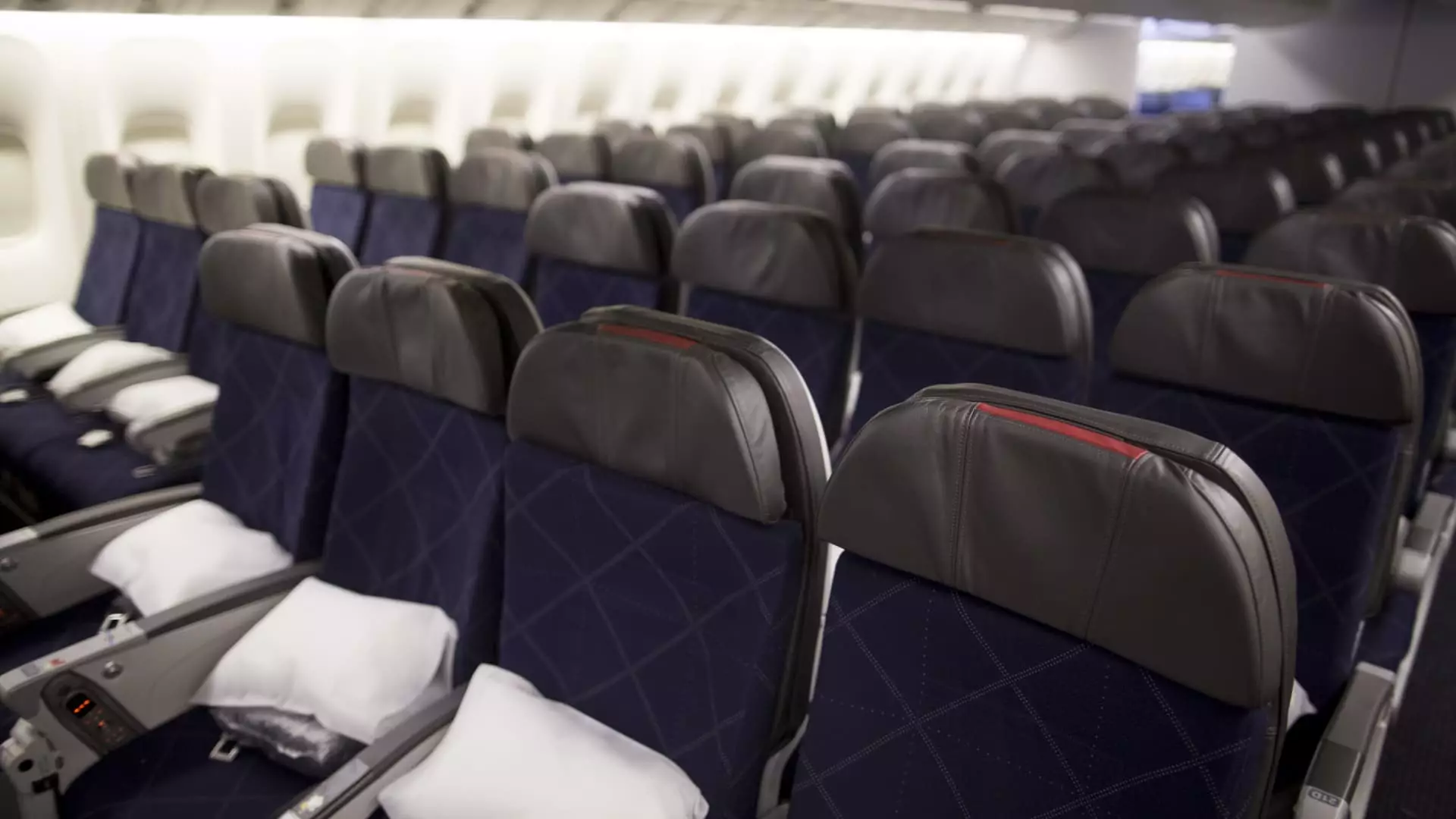In recent years, the airline industry in the United States has faced intense scrutiny regarding its practice of charging what many have labeled as “junk” fees. As airline executives prepare to testify before a Senate panel, it’s crucial to analyze the implications of these additional charges. A recent Senate report highlighted that major airlines, including American, Delta, United, Spirit, and Frontier, generated a staggering $12.4 billion from seating fees between 2018 and 2023. These costs, associated with seat selections that offer extra legroom or premium positioning, have sparked a robust debate about transparency and consumer rights.
Airline executives assert that these seating fees are a voluntary choice for customers and not an unfair practice. Stephen Johnson, American Airlines’ chief strategy officer, emphasized that travelers who prefer specific seating arrangements have the option to pay for them. This model allows airlines to maintain lower base fares while providing customers the flexibility to opt for additional features, thus keeping ticket prices competitive. However, critics argue that this strategy obscures the true cost of air travel and can lead to a situation where passengers feel pressured to pay more for comfort and convenience.
Government Pushback and Consumer Advocacy
The Biden administration has taken a stance against these hidden fees, viewing them as detrimental to the consumer experience. By labeling these as “junk” fees, legislative bodies aim to impose stricter regulations on the industry. The government’s commitment to curtailing such practices reflects a broader trend where consumers are increasingly wary of added costs that manifest after the booking process. While executives defend their transparent pricing model, it raises questions about whether all potential fees are adequately communicated to customers before purchase.
Notably, low-cost carriers like Spirit and Frontier pioneered the fee-based travel model, forcing mainstream airlines to adapt and introduce similar strategies. As the competition becomes fiercer, these airlines rush to incorporate more premium seats into their offerings to maximize revenue. Spirit’s recent financial struggles exemplify the volatility of this strategy, as they faced Chapter 11 bankruptcy due to a combination of factors, including a failed merger and increased competition. As airlines reposition themselves, the fallout from these practices poses significant risks to consumer trust and loyalty.
Anticipating Future Developments
As the Senate hearing unfolds, the future of airline pricing strategies hangs in the balance. Executives from major airlines will face not only questions about their fee structures but also the ethical implications of charging for services that were previously included in airfare. The outcome of this scrutiny could shape the direction of the industry and perhaps usher in a new era of pricing that prioritizes transparency and fairness for consumers. In a landscape where choice and comfort are paramount, the air travel industry must strike a delicate balance between profitability and customer satisfaction. The legislative response to these issues will be closely monitored, as it could redefine how airlines conduct business in the years to come.


Leave a Reply